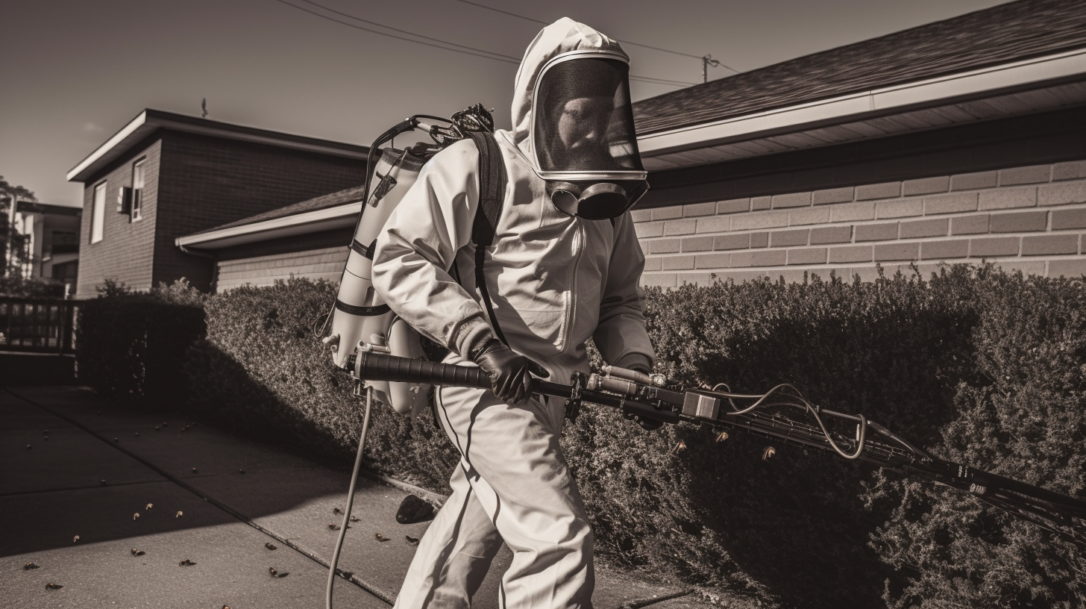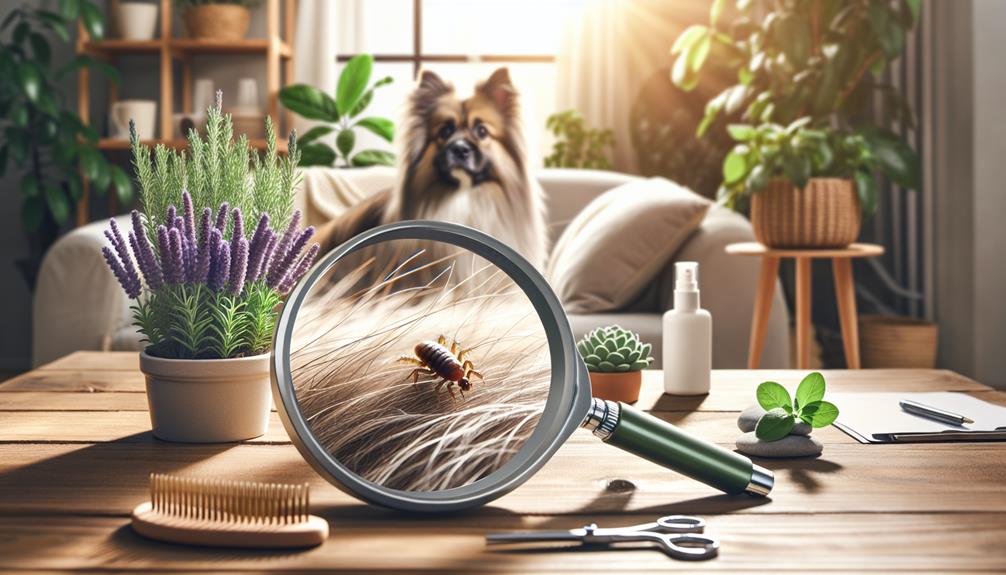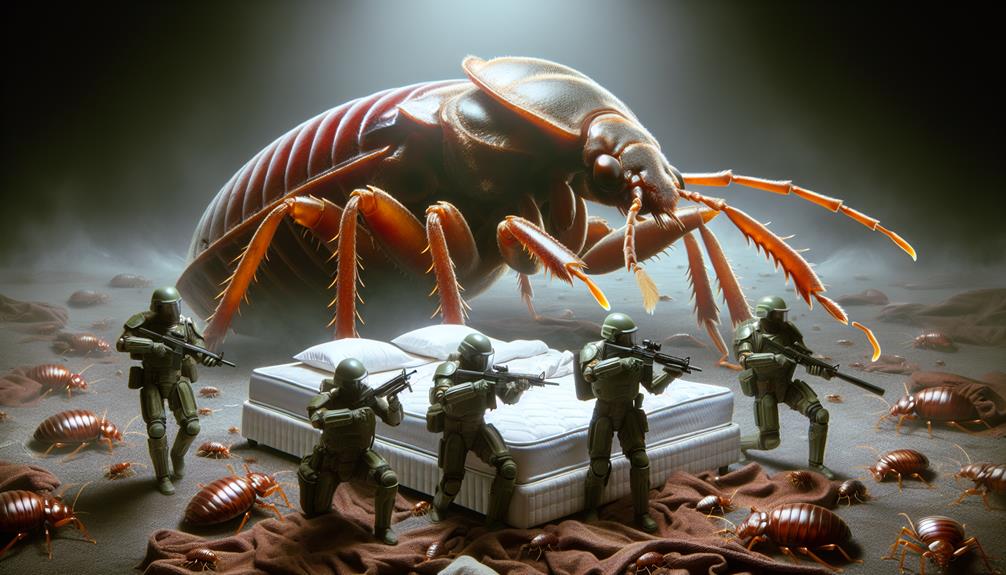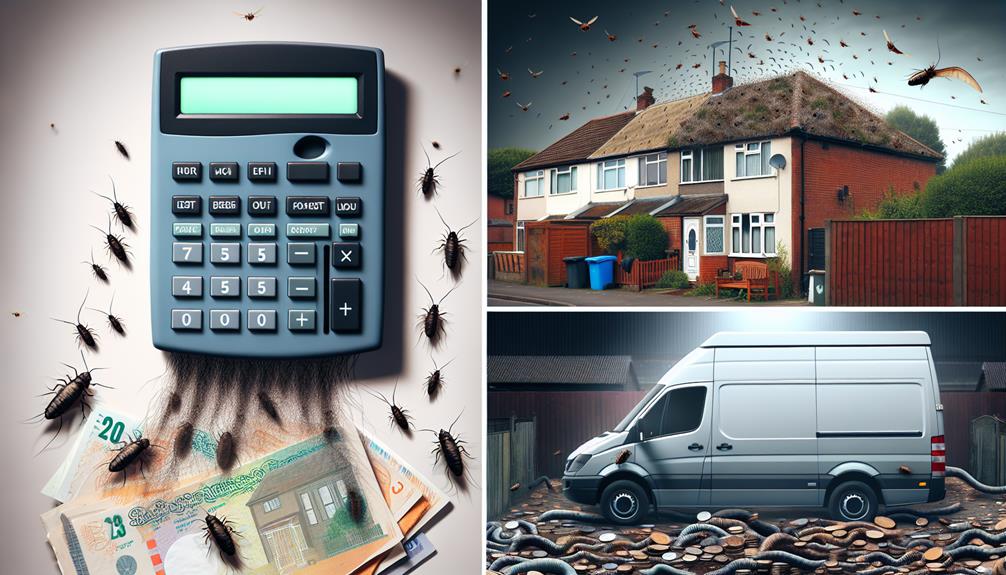Table of Contents
The historic city of Romford, UK has a rich history dating back to Roman times. Over the centuries, Romford has undergone significant changes, including changes in local government, transportation, and industry. A critical aspect of public health and safety that has remained constant throughout the years is pest control. This article will explore the history of pest control in Romford and how it has evolved over time.
Primitive Techniques Used in the Early Days of Romford
In the early days of Romford, pests such as rodents and insects were a significant problem. With no modern pest control methods available, people relied on primitive techniques to keep pests at bay. For instance, they used cats to control rodent populations, and herbs like lavender to repel insects.
Development of Local Board to Address Public Health Issues
As Romford grew and became more urbanized, the pest problem intensified. With more people living in close proximity to each other, pests found it easier to spread and reproduce. In the mid-19th century, a local board was formed in Romford to address public health issues, including pest control [1]. The board was later transformed into an urban district council, which had the authority to regulate pest control practices in the area.
Widespread Use of Pesticides in the Early 20th Century
In the early 20th century, the use of pesticides became more widespread, and new methods of pest control were developed. One of the most effective methods was fumigation, which involved using poisonous gases to kill pests. This method was widely used in Romford, especially in the town’s large corn and cattle market [2]
Harmful Effects of DDT Led to the Development of Eco-Friendly Pest Control Methods
Over time, pest control methods continued to evolve. In the 1950s, the use of DDT, a powerful insecticide, became widespread in the UK. DDT was highly effective in killing insects, but it was later found to be harmful to the environment and was banned in many countries [3]. This led to the development of new, more eco-friendly pest control methods, such as biological pest control, which involved introducing natural predators to control pest populations.
Regulation of Pest Control in Romford Today
Today, pest control in Romford is regulated by local authorities, and pest control professionals use a variety of methods to keep pests at bay. These include chemical treatments, traps, and baits, as well as preventative measures like sealing up entry points.
FAQs
What were the main pest problems in Romford during its early days?
In the early days of Romford, rodents and insects were the main pest problems. People used primitive techniques such as cats to control rodent populations and herbs like lavender to repel insects.
When was the first local board formed in Romford to address public health issues, including pest control?
The first local board was formed in Romford in 1851 to address public health issues, including pest control [1].
What pest control methods were used in the large corn and cattle markets in Romford?
Fumigation was one of the most effective methods used in the large corn and cattle markets in Romford. This method involved using poisonous gases to kill pests [2].
When was DDT first used as an insecticide in the UK?
DDT was first used as an insecticide in the UK in the 1950s. Although highly effective, it was later found to be harmful to the environment and was banned in many countries [3].
What methods are used by pest control professionals in Romford today?
Pest control professionals in Romford use a variety of methods to keep pests at bay. These include chemical treatments, traps, and baits, as well as preventative measures like sealing up entry points and keeping areas clean and tidy.
You may also enjoy reading this article
Was This Article Helpful?
- Please provide feedback and comments to help us improve our content.
- Share your experiences and any additional tips you have for dealing with pests.
Share this Post



